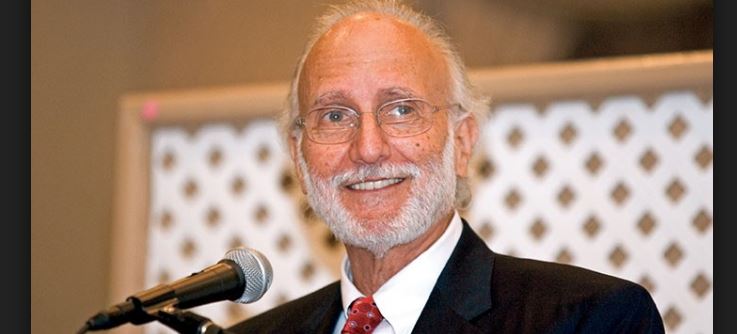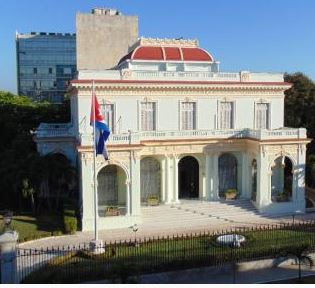
Gross rejects Trump plan to launch ‘task force’ into Cuban cyberspace
Remember Alan Gross, the elderly American who tried to smuggle electronic equipment into Cuba to start an unauthorized Internet system, was arrested in 2009 and spent five of 15 years in prison for his troubles?
Well, his plight made quite a splash in the U.S. media. In his defense, he said that he was simply a contractor for USAID, the Washington-based Agency for International Development. Many in Cuba still believe that USAID is an agency for espionage and disruption.
Be that as it may, Gross is again in the public eye on the topic of Cuba and the Internet. Surprisingly, this time on Cuba’s side.
Two weeks ago, on Jan. 23, the U.S. State Department said it was convening a Cuba Internet Task Force “to promote the free and unregulated flow of information in Cuba. The task force will examine the technological challenges and opportunities for expanding Internet access and independent media in Cuba.” The short announcement gave no details.
When told by the news agency Reuters about this idea, Gross’ reaction was: “Are you kidding me? We’re supposed to learn from our mistakes.”
“I learned the hard way that it’s illegal to distribute anything in Cuba thatís funded in full or part by the U.S. government,” the 68-year-old Gross told Reuters.

“Until the government of Cuba wants the kind of assistance the United States is capable of providing, the United States shouldn’t be doing stuff there,” he added.
The Trump administration should discuss the issue of internet directly with Cuba, providing details for examples of how it could boost economic growth, he said.
“There are so many things that could be happening in a positive and constructive way,” he told Reuters.
Quoting Reuters, “Gross said he would return on vacation to Cuba ‘in a heartbeat’ if Cuban officials let him, to meet up with the families of his former fellow inmates and explore the country.”
As might be expected, the Cuban Foreign Ministry on Jan. 31 delivered a formal note to the State Department expressing Havana’s “strong protest over the U.S. government’s attempt to flagrantly violate Cuban sovereignty, as regards our nation’s competence to regulate the flow of information and the use of mass media.”
At the same time, the note says, Havana “rejects the attempt to manipulate the Internet to carry out illegal programs with political and subversive goals, as part of [the United States’] actions intended to alter or change the constitutional order of the Republic of Cuba.”
The government of Cuba demands that the U.S. “halt its subversive, meddlesome and illegal actions against Cuba, which attempt against Cuba’s stability and constitutional order and urges it to respect Cuban sovereignty, international law and the objectives and principles of the United Nations,” the note says.
The MinRex “reiterates the determination of the government of Cuba not to tolerate any type of subversive activity or intrusion in its internal affairs and, as a sovereign country, to continue to defend itself and denounce the meddlesome nature of this type of action.”

